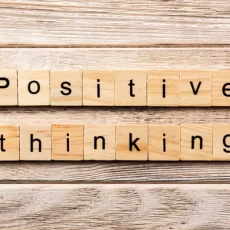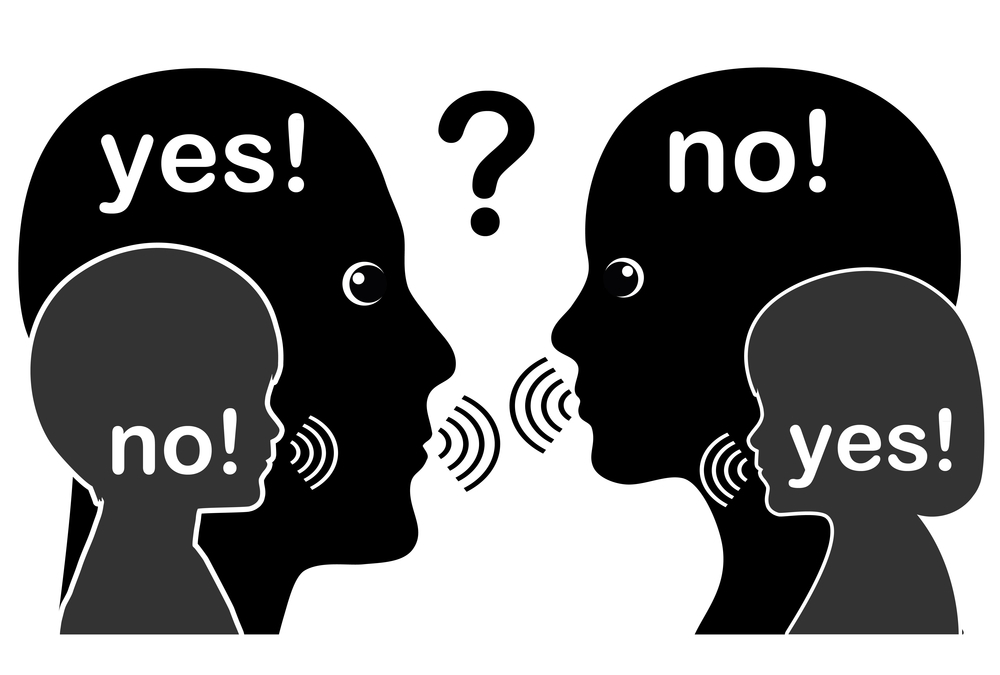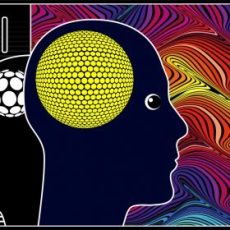Just one more day from now, and Bodhi will be in Kolkata to celebrate the Durga Puja.
The idol of Ma Durga has already been made and has arrived at the Baba Lokenath Temple, transported from the famous Kumortuli—a place known for its traditional artists, clay modelers, and expert sculptors. These artisans give form to the formless Mother, creating a figure that people can identify with, love, and form a deep, personal connection to.
During the four-day Durga Puja celebrations, the artisans of Kumortuli create thousands of idols of Ma Durga, distributing them to homes and community pandals across the state.
The emotions felt by millions as they await the arrival of Ma Durga’s idol are genuine and profound. Once the idol arrives from the craftsman’s quarters—typically by mini trucks—it is no longer seen and referred to as just an idol but as a living, breathing manifestation of the Divine Mother, embodying the unseen and undefinable ‘Energy Principle’ in a tangible and relatable form.
Excited cries of “Ma esechen! Ma esechen!” (Mother has come! Mother has come!) fill the air. From this moment onward, everyone naturally refers to the idol not as ‘Ma’s idol’ but as ‘Ma,’ using the same tone and affection one would for their own biological mother—the one who nourished them for nine months, to whom they remain eternally connected by an invisible bond, even if physically severed at birth.
The memory of last year’s Durga Puja, when Ma arrived at our temple, is vividly etched in my mind.
I don’t quite recall where Bodhi was when Ma was carefully carried down from the truck, up four flights of stairs, surrounded by devotees filled with boundless joy, into the second-floor temple hall, and finally placed on her beautifully adorned pedestal. He was likely meditating before his altar, welcoming Ma through his heart. But I will never forget the moment when he silently came to the temple that afternoon for his first glimpse of the newly arrived Mother.
By then, the bustling morning had quieted, and most devotees who had accompanied the idol had left. Bodhi slowly opened the temple doors and stepped inside to witness Her presence in peaceful solitude.
The priests were upstairs in the kitchen, and the only other person in the temple was Firoz Bhai, engrossed in painting the temple window, unaware of Bodhi’s arrival.
“Aaaaah! What a beautiful white paint!” Bodhi exclaimed, admiring the freshly painted, immaculate white walls. He paused for a moment, soaking in the serene temple atmosphere. The air was filled with the subtle, sweet aromas of burnt incense, fresh flowers, sandalwood, sweets, and fresh paint.
He then walked to the center of the hall and turned around to face Ma for the very first time.
I had expected Bodhi to be happy, just as he had been in previous years. But what I witnessed that day was unlike anything I had seen in the nine years of observing my Guru’s first sight of Ma.
His entire being froze, his gaze locking onto Ma’s eyes. In an instant, his expression transformed into something otherworldly. A surreal, ethereal daze overtook him, as if he had entered a realm far removed from the ordinary. His jaw dropped, his hands clutched at his chest, and he remained like that until large teardrops fell from his eyes. In those tears, I saw the purest form of happiness—the kind of love between mother and child that is recreated on Earth again and again. He lifted his hands to his face, cradling his cheeks as his entire expression softened into one of overwhelming awe. He stood there, mouth agape, unblinking, absorbed in Ma’s presence.
I stood nearby, quietly capturing a few photos of Ma and Bodhi. Normally, Bodhi would have become self-conscious or even playful, perhaps turning away to avoid the camera. But this time, he was completely unaware, lost in his communion with Ma.
He stood in that state, utterly immersed in Her presence, for over ten minutes. Then, he began to softly and continuously murmur, “Ma… Ma… Ma…” His utterances were so intense with emotion that they emerged as trembling, whispered breaths, charged with profoundly energetic vibrations. Standing near him, I felt the temple’s peaceful atmosphere transform into one of electrifying intensity. The vibrations around Bodhi and Ma’s combined vicinity struck me so powerfully that I could feel my ribs tremble. A strange luminosity appeared in Ma’s lotus-petal eyes—a palpable interaction of pure energy between two still figures made of matter, one of flesh and blood and the other of hay and clay.
This energetic connection continued for several minutes before Bodhi slowly began to blink and look around. His eyes, still adjusting to the physical world, first fell on the decorations around Ma, crafted and designed by our artist brother, Suprotim. In a soft voice that came out with considerable struggle, he remarked, “These… these paintings are all by him.” He held an invisible pencil in his hand and drew in the air to illustrate what he was saying. “Unbelievably good…”
He wandered around the temple hall in slow, almost stumbling footsteps, still intoxicated by the divine encounter. He asked Firoz Bhai in a voice filled with devotion, “Isn’t Ma so beautiful?” Firoz Bhai replied, “This time Ma and the decorations are indeed truly beautiful…”
Bodhi then approached the idols of Baba Lokenath, Thakur, and Agartala Ma’s portraits, bowing before each, radiating a divine energy that seemed beyond explanation. Then he left the temple.
Later that evening, he returned to the temple to distribute new festive clothes, stationery and candy to the children of Swinhoe School, in the presence of teachers Ruby Ma, Rekha, and our former student Gudia. His oneness with the Mother seemed to be reflected in his unconditional love and kindness.
After the celebration with the children, he continued to ask the devotees, “Isn’t Ma beautiful? Isn’t Ma beautiful?” He was modestly downplaying the efforts of the ashram devotees and hinting at the role of non-doership in creating something of a magical energetic value. Laying a subtle stress on the word ‘do’, he said, “It turned out this way because Suprotim and his team didn’t do it. It is beyond doing.”






